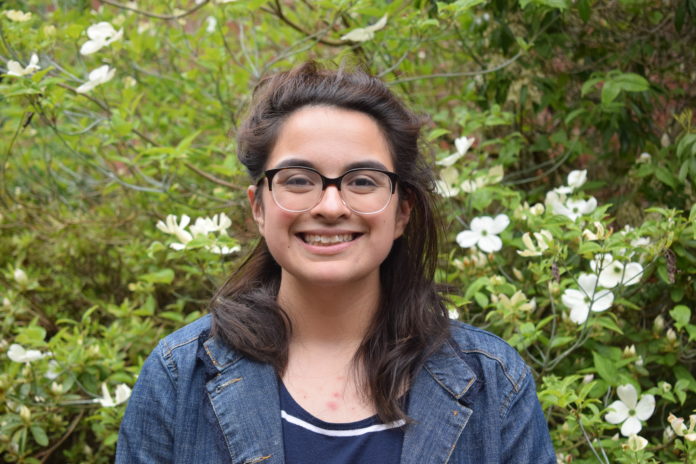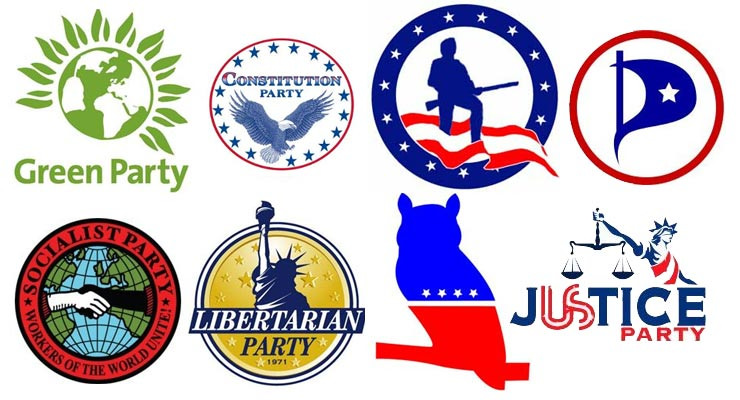Mackenzie Kintigh; Guest Writer; kintigmf@plu.edu
I was having a conversation with my mom one night about the Kendall Jenner Pepsi ad. The ad, which ran earlier in the month, shows Jenner going along with a crowd and joining a protest. At the end, it seems like resolve the conflict she essentially solved basically all the world problems with just a can of Pepsi.
As I was talking about how the ad negatively portrayed millennials upset me, my mom gave me a confused look. She watched the ad as I sat back fuming with anger. After she finished, my mom turned to me and said the one thing I was hoping she was not going to say.
“I don’t understand. What’s the big deal?”
I then realized how different each generation truly is. Let me give a little context. My mother is in her 40s, while I’m in my early 20s and often labelled as a millennials.
My mom is pretty liberal in her personal views, but sometimes we do butt heads about certain issues. What may upset one generation may not matter to the other, which is very frustrating at times.
It seems like people assume that millennials are just a bunch of self-entitled people, when that is not true most of the time.There are many millennials that are hardworking, driven and determined. As someone from a generation that is often stereotyped incorrectly, it can be difficult to understand my mom’s point of view.
Even though the older generation tends to focus on the negatives, I feel like others often miss the impact of social justice that each generation has made. For example, the 1960 Greensboro sit-in was one of the first acts of youth activism in the Civil Rights Era. This historic event led to racial inequality becoming a mainstream conversation. In 1970’s, the Stonewall Riots brought youth to speak up about the social injustice against the LGBTQ community.
One may say that this is the civil rights era for millennials especially with the 2016 Presidential Election. Many millennials were inspired by political figures like Bernie Sanders.
Sanders encouraged his followers to speak up about the inequalities in American society. His inspiring speeches and the help of social media movements, like Black Lives Matter, have affected the millenial generation approaches politics.
With that I also think that much of the older generation fails to see the good that many millennials actually do. There are many who are pursuing a higher education to make an impact. I know many women pursuing careers in fields that are mostly occupied by men.
Others are trying establish dialogue with different diverse groups such as Border Perspectives, which was started by two brothers who want to showcase through social media the diverse stories of those living on the United States and Mexico border.
Not all millennials are lazy or angry. There are many who are proving these stereotypes wrong everyday.
It’s frustrating to see older generations beating down on the younger generations. I know some of the people in my family often go on tangents about how horrible the young people in America are. However, the millennials that I know are far different than the stereotypes that are established.
I constantly see determination for a better future among my peers here at Pacific Lutheran University. I see young, industrious, hard-working individuals that want to make a difference. I am fortunate to go to a school where we all have different values but we come together when we want justice for others.
Each generation also has had an impact in history. From the Civil Rights movement to 2016 election, the younger generation has come together to make a difference.
Whether that be on their campuses or by attending a protest like the Women’s March, it is important not to fall for these stereotypes. We need to work to understand what is important for each generation.


















